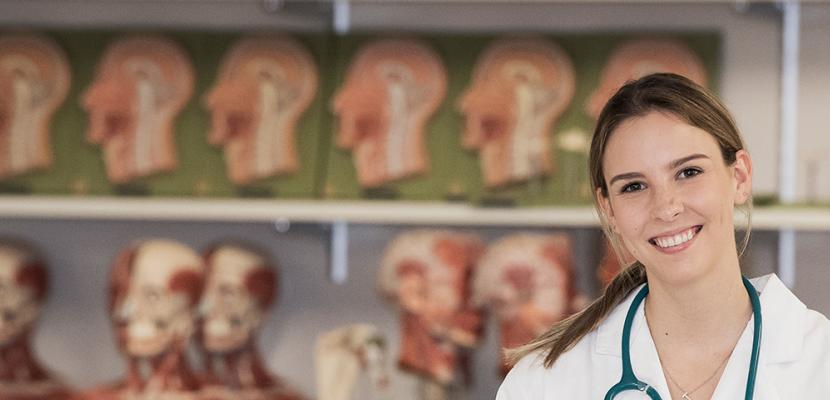
Bond University’s scholarship program offers a range of full and part-fee scholarships for high achieving students across Australia and worldwide.
One of the prestigious scholarships is the Bond University Indigenous Medical Scholarship, which will be awarded to one successful applicant in 2021. The 50 per cent scholarship is open to Aboriginal and/or Torres Strait Islander students starting the Medical Program at Bond in 2021.
Myora Kruger and Joan Cassimatis are current scholars completing the Medical Program. As the first two Indigenous Medical Scholars to enter the program, their pathways into medicine were distinctly different.
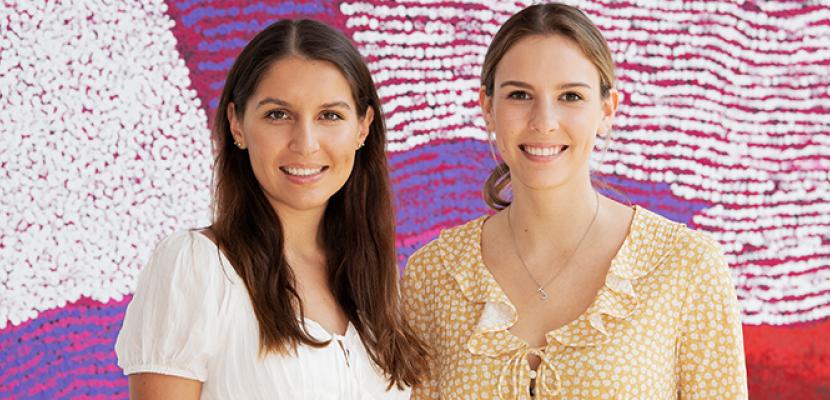
Joan completed two years of a dual Bachelor of Laws/Bachelor of Biomedical Sciences degree before switching to medicine.
“Medicine has not been a lifelong passion of mine, it was more of a slow burn,” says Joan.
“It wasn’t until I had completed my first few years of biomed, gained some practical experience and spent time in rural areas of Australia that I realised my strong passion for medicine.
“The tipping point really was spending time in an Indigenous community in Kununurra, Western Australia, where I realised that I could do the most good by studying medicine.”
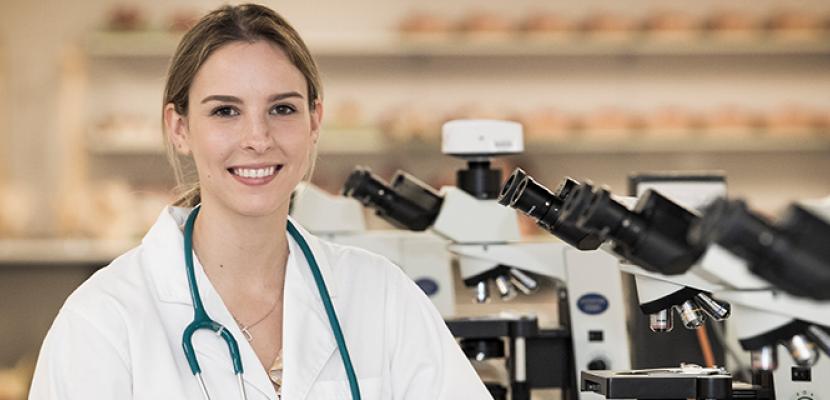
Myora started the Medical program at Bond straight after high school. She is in her second last year of her studies and has already experienced a range of clinical placements.
Now having worked in hospitals and clinics across the Gold Coast, Brisbane and New South Wales, Myora has been exposed to different facets of the medical industry and hopes to work in Indigenous communities after she graduates.
“I chose medicine for many different reasons,” she says.
“It’s challenging, rewarding, stressful and fun. To me, medicine is a career that is ever-changing and provides you with so many opportunities in life.
“It’s a career that you can be proud of, one that makes you really feel like you’re giving back and supporting the community you live and work in.”
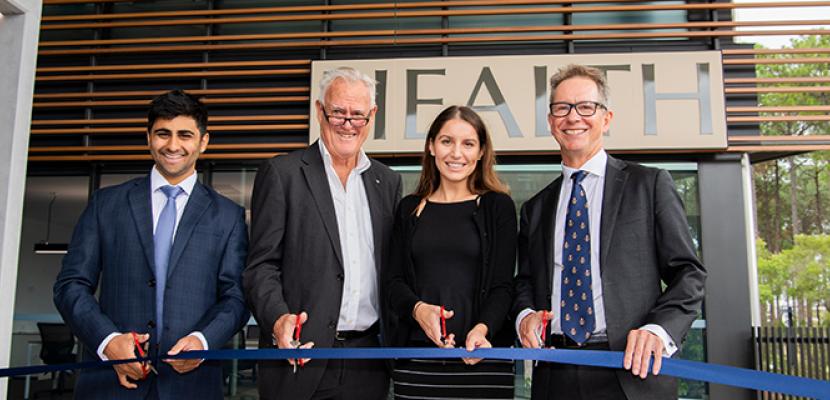
The Indigenous scholarship process starts when a student applies for the Bond University Medical Program through the QTAC application form. Indigenous applicants who meet the criteria will be contacted by the University and invited to attend a Community-Based Interview on campus.
The admissions and scholarship selection process is also based on academic ability, psychometric testing and a multi-mini interview (MMI); an interview exercise where students participate in at least four mini interview stations.
“The application was a straightforward process,” says Joan.
“I was required to complete the MMI stations with all of the medical applicants, however I had a panel interview following my MMI with numerous Bond faculty and Indigenous representatives.
“I found the process nerve-wracking but everyone involved worked hard to make me feel at ease.”
Myora and Joan, like all Bond Indigenous and Torres Strait Islander students, are part of the Nyombil Indigenous Support Centre. The Centre assist students with transitioning into higher education and connects students, Indigenous and non-Indigenous, with the local Indigenous community.
The Centre is open 24/7 and is equipped with dedicated tutorial and group study rooms, computers and printers, as well as kitchen and lounge areas.
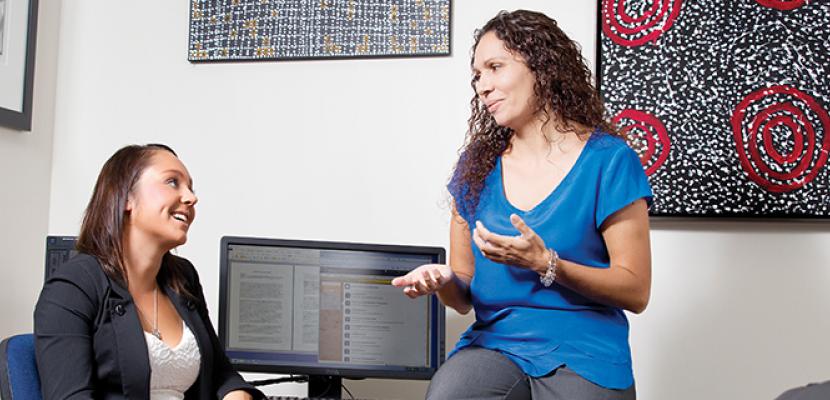
Myora says the Nyombil Centre helped her transition into University, especially in a challenging and at times demanding, degree like medicine.
“Both the medical faculty and the Nyombil Centre have been there to support me through tough times, which in medicine can be quite often,” she says.
“The Nyombil Centre has supported my studies through providing excellent tutoring and anything else that I needed. It’s a safe space where I can talk about any issues I’m having and come up with a plan to overcome them.
“Through their support I have been able to grow in myself and become the person I feel will make a good doctor.”
As the search begins for the next Indigenous Medical Scholar, Myora is looking forward to welcoming them to Bond. Her advice is simple: be yourself.
“The scholarship has given me so much. Without it, I wouldn’t be where I am today,” she says.
“I think a Bond University Indigenous Medical Scholar is someone who is a strong and resilient person who is proud of their heritage.”
Joan, who hopes to work rurally, ideally in the Kimberley region, agrees that a desire to be a leader and give back to the community forms a strong part of being an Indigenous Medical Scholar.
“I think it is important for a Bond University Indigenous Medical Scholar to have a strong commitment to their studies, and a desire to give back to their community in a practical and tangible way,” she says.
“I don’t think this person needs to be the top of their class, but someone who is always striving to do the best they can.”
Bond University Indigenous Medical Scholarship
Applications for Bond's Indigenous Medical Scholarship open 14 January, 2021, and close on 28 January, 2021. Students must apply via QTAC.